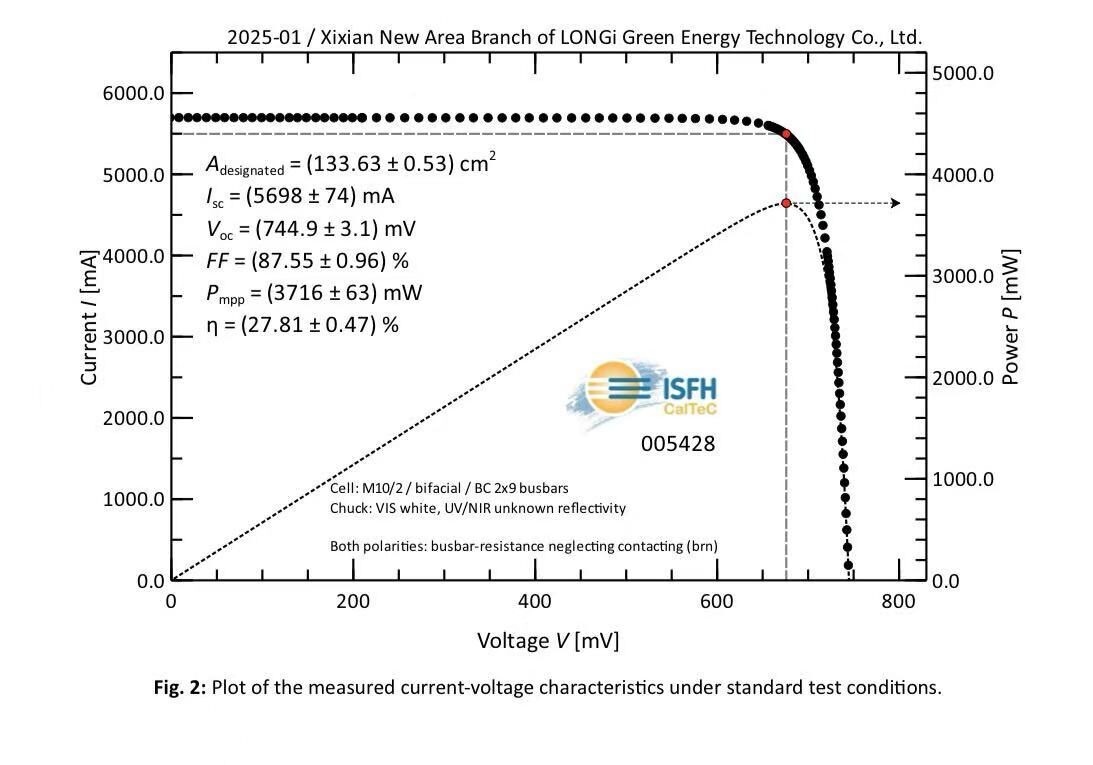From pv magazine India
India-based Visaka Industries Limited, a sustainable construction materials developer, has announced its integrated solar roof will power the Climate Lab at Anant University’s Ahmedabad campus in Gujarat. Visaka will also supply its Vnext fiber cement boards, an eco-friendly alternative to climate-damaging plywood and gypsum.
Visaka’s Atum solar roof will cover the 390-square-meter area of the lab and produce 70 kW of solar power to run the facility.
The manufacturer said its Atum solar roof is a great alternative to metal sheets, reinforced concrete sloped roofs, or clay tiles for industrial, commercial, and residential buildings. The roof is reportedly able to resist fire damage for over 2.5 hours and withstand wind speeds of 255 kilometers per hour.
According to the manufacturer, the solar roof also has a thermal conductivity of 0.072 W/mtK and thermal insulation that reportedly reduces building temperatures by up to 40%.
“The installation requires a steel structural grid for mounting the Atum solar roof modules, accessories to anchor the Atum modules straight on the steel structure, and BOS and inverters to commission the plant based on whether it’s an on-grid or off-grid system,” stated a Visaka spokesperson.
Atum has been successfully installed across many locations in India, including Chennai (Tamil Nadu), Mumbai (Maharashtra), and Hyderabad (Telangana), as well as in Sharjah, in the UAE.
This content is protected by copyright and may not be reused. If you want to cooperate with us and would like to reuse some of our content, please contact: editors@pv-magazine.com.




By submitting this form you agree to pv magazine using your data for the purposes of publishing your comment.
Your personal data will only be disclosed or otherwise transmitted to third parties for the purposes of spam filtering or if this is necessary for technical maintenance of the website. Any other transfer to third parties will not take place unless this is justified on the basis of applicable data protection regulations or if pv magazine is legally obliged to do so.
You may revoke this consent at any time with effect for the future, in which case your personal data will be deleted immediately. Otherwise, your data will be deleted if pv magazine has processed your request or the purpose of data storage is fulfilled.
Further information on data privacy can be found in our Data Protection Policy.